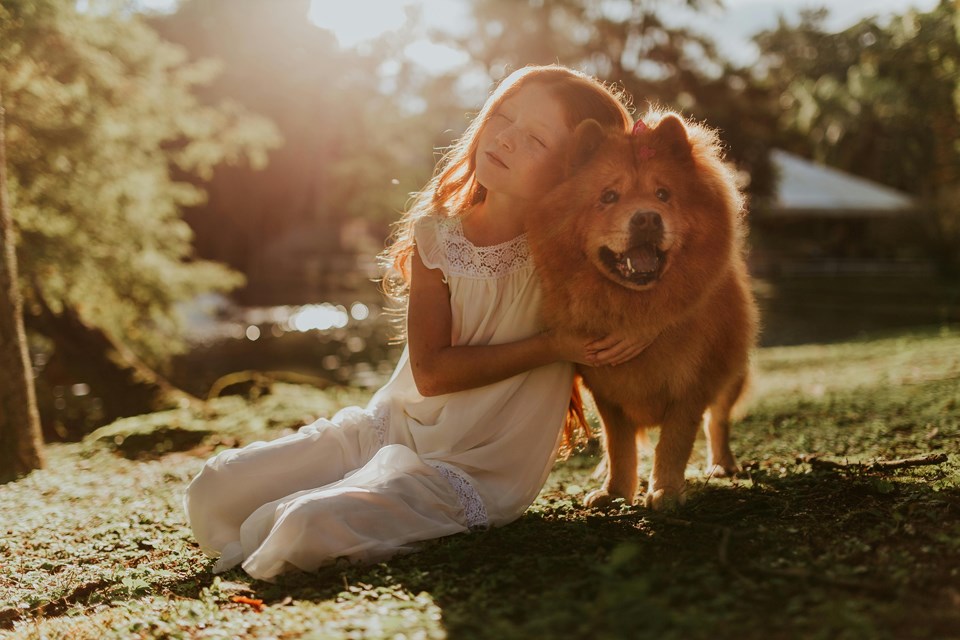In honour of Valentine’s Day, Rover explores the loving bond between pets and their people, and the dangers of commonly gifted items used to celebrate Valentine’s Day.
A recent survey of Canadian pet parents, found that 97 per cent of pet parents believe their dog or cat has the ability to love a human being. In fact, 96 per cent are convinced their pet truly loves them, and 95 per cent feel confident in recognizing the unique ways their pets express love and affection.
It’s no wonder, then, that over a third (36 per cent) of pet parents include their dogs and cats as part of their Valentine’s Day celebrations. One in ten (11 per cent) say they would actually rather spend Valentine’s Day with their dog or cat than their human partner.
Valentine’s Day Plans for Pets
Nearly half (48 per cent) of the pet parents who do celebrate with their pets, give their dog or cat a Valentine’s Day gift every year and another 36 per cent have at some point. While celebrations may vary, some activities are more popular than others:
- Two thirds (66 per cent) gift their dog or cat treats and toys
- 13 per cent choose to spend quality time together
- eight per cent prefer a themed photo shoot with their pet
Don’t Break Your Pet’s Heart
Flowers and chocolate may be great gifts for that special person in your life, but many sweets and plants commonly used to celebrate Valentine’s Day can be toxic to your pet.
Most (97 per cent) pet parents are aware that common foods, like chocolate or candy, can be toxic to dogs and cats. Comparatively, just 87 per cent understand that common flowers and house plants can also be harmful. In the event their pet consumes something harmful, over a third (35 per cent) of pet parents admit they don’t know what steps to take–though 69 per cent say they would most likely call a veterinarian immediately.
“As a veterinary expert, I always advise pet owners to act immediately if they suspect their pet has been exposed to something toxic. Seek medical attention from your family vet, local ER, or call the ASPCA Poison Control Hotline without delay—early intervention can be the difference between life and death,” says Rover’s Veterinary Expert, Dr. Rebecca Greenstein, B.Sc., D.V.M. “Bring as much information as possible, like food packaging with net weight and ingredient lists, or details about plants ingested. Stay calm and provide an accurate history, including time and amount of ingestion, as well as any relevant medical history or medications. And remember, never attempt to induce vomiting or use home remedies unless specifically instructed by a trusted veterinary professional.”
Browse Rover’s list of to learn which plants are toxic to dogs, cats, or both.
How Pets Shape Our Views on Love and Relationships
Valentine’s Day aside, it’s clear that the bond between pets and their people can make a lasting impact. Two-thirds (62 per cent) of pet parents agree that having a pet has changed their personal views on love and relationships, and 75 per cent say their pet has taught them about love in general. Having a pet may improve interpersonal relationships, too, as 62 per cent of pet parents admit they are more likely to be attracted to someone with a pet and another 20 per cent say it could make a difference for them.
This Valentine’s Day, let’s celebrate the unconditional love our pets bring into our lives while keeping them safe from potential hazards. After all, the bond we share with our furry friends is truly one-of-a-kind and deserves to be cherished every day of the year.




